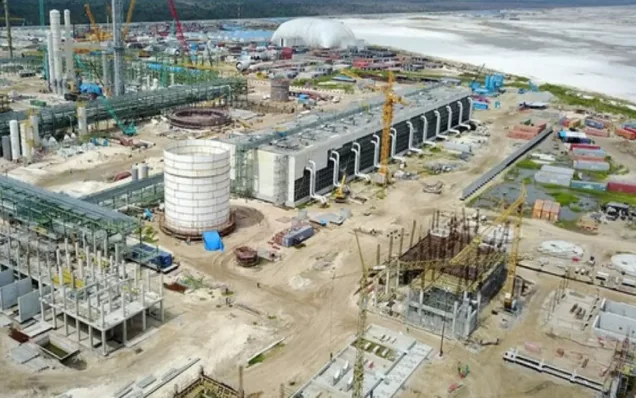Latest data obtained from the Nigeria power grid shows that electricity generation on the national grid plunged by 849.2 megawatts, as power producers blamed this on the poor utilisation of energy by the system.
A study of the country’s grid performance as posted on Sunday showed that a peak power generation of 4,898MW was recorded on November 26, 2021, but this dropped to 4,048.8MW on November 27.
Our correspondent also observed that the total energy generated on November 27 was 108,361.39 megawatt-hour, which was lower than the 111,436.31MWh that was recorded the preceding day.
Findings from the latest report on the grid performance indicated that the total energy of 106,802.88MWh that was sent out on November 27, was also lower than the 109,883.01MWh, which was sent out the preceding day.
But power producers blamed the drop in generation to the poor utilisation of generated electricity.
Reacting to claims that the poor supply of electricity was due to lack of generation, the Executive Secretary, Association of Power Generation Companies, Joy Ogaji, said Gencos were not dispatching at full capacity due to the poor utilisation of what they produce.
She said, “There may be many reasons for the ‘seemingly perceived poor or lack of generation. I want to state for the records that no single generation company is allowed, by the system, to send out its available capacity.
I stand to be corrected with facts not political claims. I repeat! All Gencos are sub-optimally dispatched, with many units idle.”
She argued that capacity utilisation in any market was often used as a measure of productive efficiency and stressed that the average production costs tend to fall as output rises.
“So higher utilisation can reduce unit costs, bringing about a more competitive market which makes plants financially viable,” Ogaji stated.
She added, “The bitter truth is, we are losing generation units due to these games. Do you also know that the wellbeing of the power generation company goes beyond efficient operations to include its ability to generate income from power generated?”
She said the APGC carried out frequency analysis from January to October 2021 and there was no one day that the grid kept to the grid code requirements as contained in Section 15.3.1 of the Grid Code.
The Gencos argued that maintaining a consistent electrical frequency was important because multiple frequencies could not operate alongside each other without damaging equipment.
“But do you know what causes high frequency? It is not low generation but poor utilisation of generation which forces the System Operator to ramp down the Gencos,” Ogaji stated.
In a related development, the Transmission Company of Nigeria on Sunday announced that it would install a new 33kV current transformer and circuit breaker on its 30MVA 132/33kV power transformer in its Suleja 132/33kV transmission substation in Niger State today (Monday).
It, however, stated that the 45MVA, 132/33kV transformer 2 in the same substation would be temporarily interrupted for two hours within the proposed six-hour time frame required to install the new transformer.
Source PUNCH














